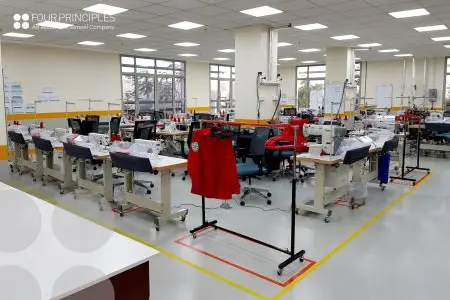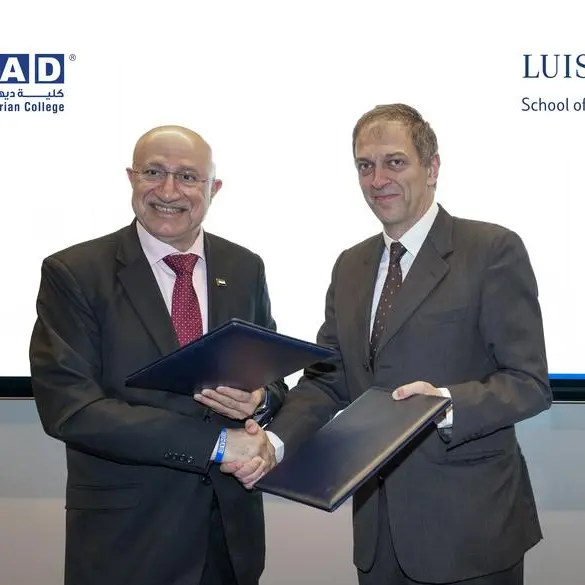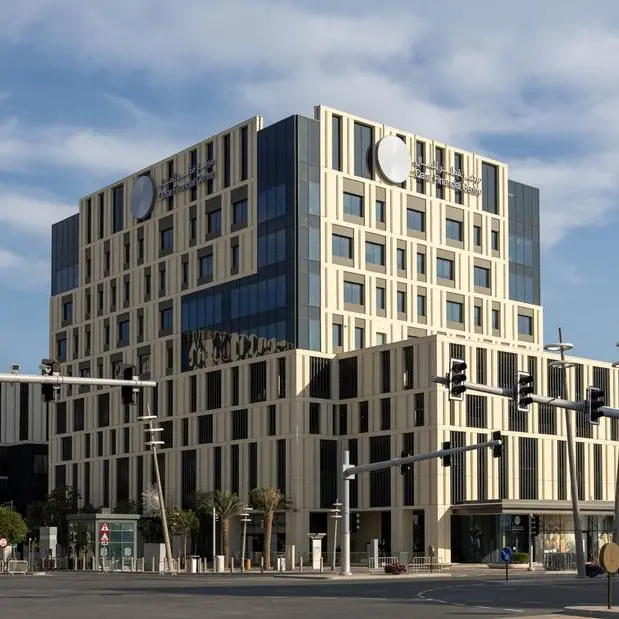PHOTO
Lean Culture will support sustainable job opportunities for women and people with disabilities
Four Principles and Nesma Holding announced the launch of a new partnership to implement a Lean Culture across Nesma Holding’s non-profit organization, Nesma Embroidery. The collaboration will oversee the design and implementation of Lean Principles to all Nesma Embroidery textile factories, to sustainably improve production output and order-to-delivery process. Through newly-developed centralized production scheduling tools, the model will deliver better customer experience, improve production efficiency and unlock performance potential.
Modeled on a Lean Management approach of Business Process Re-engineering, leading regional experts Four Principles will offer advisory, training and implementation services based on the ‘Kaizen’ philosophy, to boost performance through eliminating waste and maximizing the utilization of resources. Pioneered by Japanese automotive manufacturer Toyota Motor Corporation, this industrial mindset is widely recognized as the global benchmark for operational efficiency.
Established in 2009, the Nesma Embroidery and Tailoring Center (Nesma Embroidery) is a non-profit center that employs local Saudi Arabian women, many of whom are speech-and-hearing impaired or have other special needs, to work in a country-wide network of factories manufacturing textile goods for individual customers, designers, and corporate clients. The center strives to create a local industry that offers sustainable employment opportunities to satisfy local demand for such products, whilst also integrating women and people with disabilities into the workforce as productive members of their community.
Seif Shieshakly, Co-Founder and Managing Partner of Four Principles, said: “We at Four Principles are truly honored and humbled to support Nesma Embroidery in its noble mission of creating sustainable jobs for women across Saudi Arabia. In line with the Government’s Vision 2030 plan to empower women, reduce unemployment and ensure equal access to job opportunities, implementing a Lean Culture will help to integrate people with disabilities into the community and increase the rate of women in employment helping them achieve a key step on the path to economic independence.”
Noura Al-Turki, Vice President of Nesma Holding, said: “We aim to improve our operational performance in order to achieve an even higher level of excellence. Our aim is for a Nesma Embroidery factory to be opened in every village in Saudi Arabia. This ambitious vision requires a degree of collaboration to ensure that the factories are standardized and sustainable – which is what we hope to enable through our partnership with Four Principles. This is why we truly look forward to witnessing the results of the Lean Transformation on our organization.”
© Press Release 2019Disclaimer: The contents of this press release was provided from an external third party provider. This website is not responsible for, and does not control, such external content. This content is provided on an “as is” and “as available” basis and has not been edited in any way. Neither this website nor our affiliates guarantee the accuracy of or endorse the views or opinions expressed in this press release.
The press release is provided for informational purposes only. The content does not provide tax, legal or investment advice or opinion regarding the suitability, value or profitability of any particular security, portfolio or investment strategy. Neither this website nor our affiliates shall be liable for any errors or inaccuracies in the content, or for any actions taken by you in reliance thereon. You expressly agree that your use of the information within this article is at your sole risk.
To the fullest extent permitted by applicable law, this website, its parent company, its subsidiaries, its affiliates and the respective shareholders, directors, officers, employees, agents, advertisers, content providers and licensors will not be liable (jointly or severally) to you for any direct, indirect, consequential, special, incidental, punitive or exemplary damages, including without limitation, lost profits, lost savings and lost revenues, whether in negligence, tort, contract or any other theory of liability, even if the parties have been advised of the possibility or could have foreseen any such damages.




















